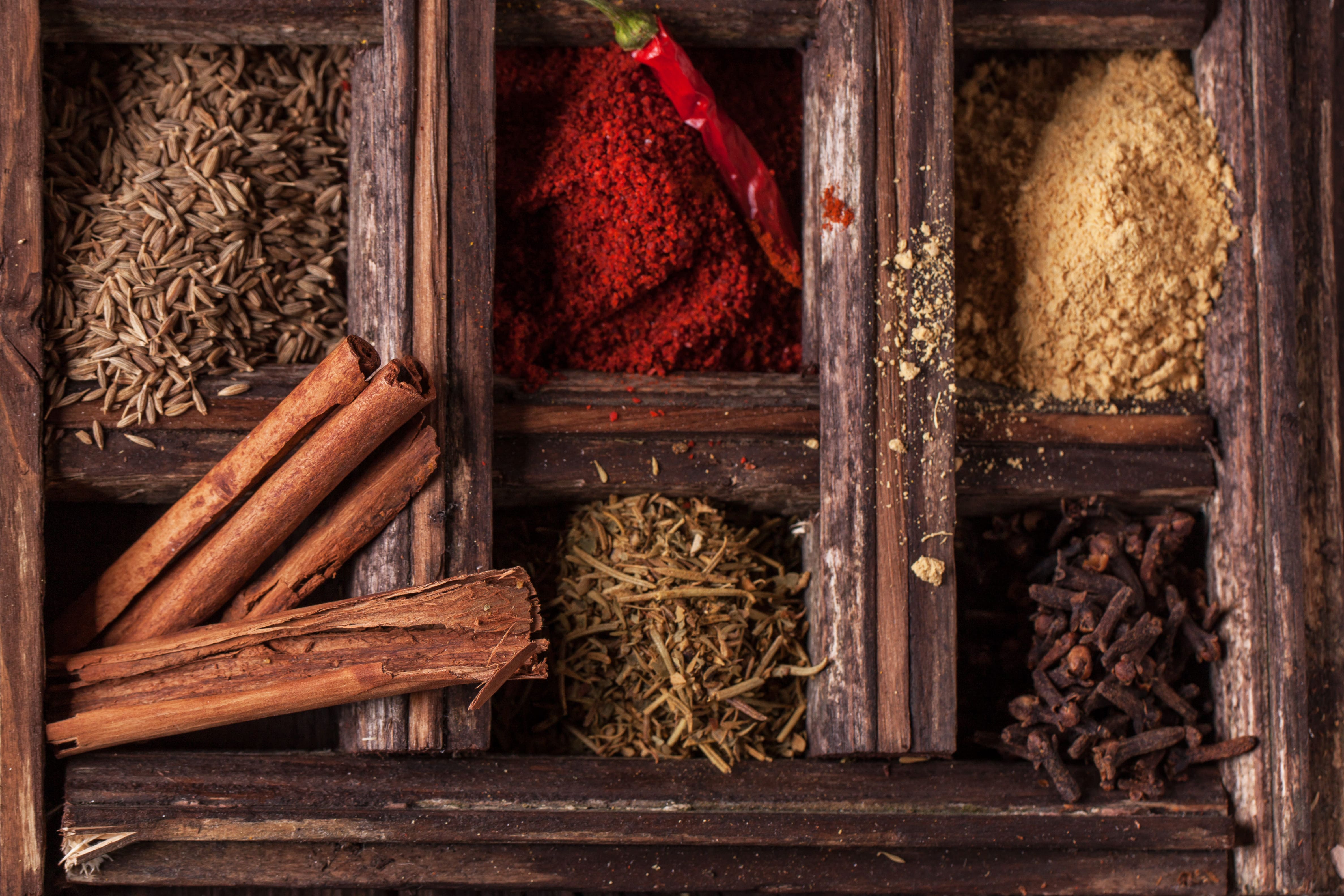A New Tool for Adding Fresh Spices to Popular Spreads and Dips
While a professional cook at a marine catering company might scoff at the idea of adding a dip or a spread to a planned meal, either of those dishes becomes quite tasty, if it contain fresh spices. That is why an expert in maritime catering services should not overlook the information on a new condiment-creating tool. It is called the Suri, and it has come on the market under the GEFU label. The Suri’s materials and design reflect what could be found in the traditional Japanese suribachi and surikigi (mortar and pestle). It features a pottery bowl with scored ridges on its glazed intrior surface. It includes a wooden piece, a sectin of a peach tree that has been carved into a pestle. The peach wood will not damage the ridge-covered surface of the bowl. Consequently, the ridges never fail to give a boost to the grinding action, which gets powered by the pestle’s user. In fact, the ridges serve a dual function. They can work to expedite the pulverization of any seeds of nuts. At the same time, they manage to extract an added measure of moisture from the ground substance in the bowl of the Suri.
A professional working at a marine catering company realizes that the on-board chef must come up with appealing dishes, which will be added to the day’s menu. The ability to use fresh spices enhances the appeal of dips and spreads. Hence, dishes such as pesto, alioli and tapenade can be served to a team of cargo ship employees. The creation of pesto starts with the crushing of garlic. Then pine nuts, coarse salt, basil leaves, Parmesan cheese and percorino sardo get added to the crushed garlic. That mixture can be moistened by blending it with olive oil. The cook that plans to make alioli carries out the same first step as the pesto-making chef. Both chefs must pick up some garlic. A Suri can be used to pound the garlic in the presence of olive oil. The addition of an egg yolk completes the preparation of alioli. The chef that wants to make tapenade must work to create a paste. That paste contains black olives, typically those of the type known as Kalamata. The olives get smashed in olive oil. It is possible to add anchovies to the olive and olive oil mixture. Other tasty combination can be created by using fresh mint and lemon juice.
Now, if an expert at a marine catering company seems focused on speed, that same person might feel reluctant to invest in a Suri. That stickler for speed needs to consider the degree of control that is given to a cook that uses the new grinding tool. Utilization of an electric mixer or a food processor does not give a cook the same degree of control. While using a Suri, a chef does more than simply grind some chosen food. That same artist in the kitchen can bruise or mash a selected food, instead of grinding it into pieces or shreds. Consequently, sees or nuts can become an integral part of a tasty paste. By the same token, roasted nuts can be transformed into a butter-like spread. One final feature of the Suri should be of interest to a professional cook at a marine catering company. It comes with an added part, a grater. That added part can be used to grate ginger, garlic, turmeric or wasabi. The shredded ingredient can function as one that any chef would be eager to use in some exciting dish.

